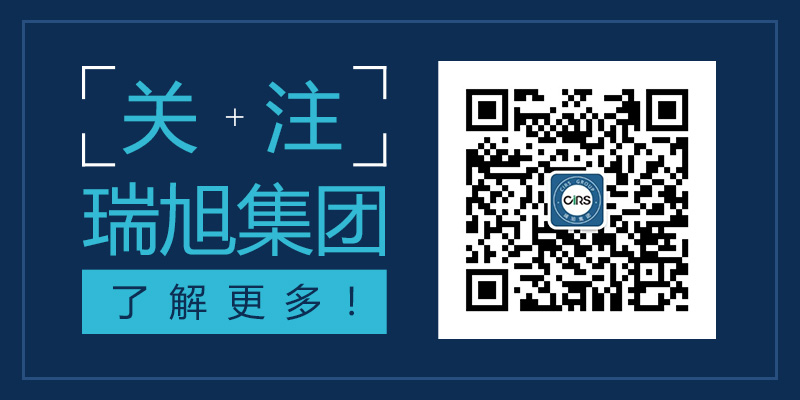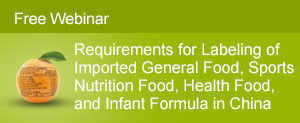There are mainly 6 reasons for CIQ rejection, which covered more than 90% of the batches rejected, respective proportions were showed in Figure 1.
Figure 1. Rejection reasons for non-compliant imported foods in November 2014
Highlights
1. 18 batches of meat and edible meat offal (HS code 2) were tested positive for Ractopamine
Ractopamine were detected in 18 batches of meat and edible meat offal for a total of 552.265 ton ,most of which were from the United States. Ractopamine as an animal feed additive used in extremely low levels to promote leanness in livestock raised for meat is permitted in United States, Canada, Brazil and other 21 countries. However since 2002 China included Ractopamine in the forbidden list of edible livestock, which is a similar action as European Union, Russia and other countries. So far the potential threats of Ractopamine are increasing.(still in studied)
2. Norwegian salmons carry the infectious Salmon Anaemia
In May 2014, Shenzhen CIQ detected infectious salmon anaemia from Norwegian fresh salmon, after that, the detection of fresh aquatic product, which was then regarded as a high risk food, was becoming more stringent. Every batch of fresh salmon will be required for a thorough detection, which takes more than 8 days. Fresh salmon’s shelf-life is short, in order to reduce the risk we recommend enterprises to export frozen salmon, which can be stored for several months under frozen condition.
3. Non-compliant Chinese food label has become a prominent issue
In November 2014, 138 batches of imported food products were rejected with non-compliant food labels. The label reviewing requirements by CIQ are becoming stricter. Because of the non-compliant labels, companies may get adverse records in CIQ system, which will reduce the credibility and impact the reputation of a company or even affect future product importation from this company. As regulatory suggestions for you to import foods into China, we recommend you to prepare a compliant Chinese label through professional consulting agencies before importing.
More information about how to import foods into China legally please click here.
Reference
http://jckspaqj.aqsiq.gov.cn/jcksphzpfxyj/jjspfxyj/jjbhgsptb/201501/t20150108_429852.htm
Contact
Ms. Alice Yang, Food & Health Products, CIRS China
11F Dongguan Building, 288 Qiuyi Road, Binjiang District, Hangzhou, China, 310020
Tel: +86 571 8720 6555 | Fax: +86 571 8720 6533
Email: Alice.Yang@cirs-group.com






